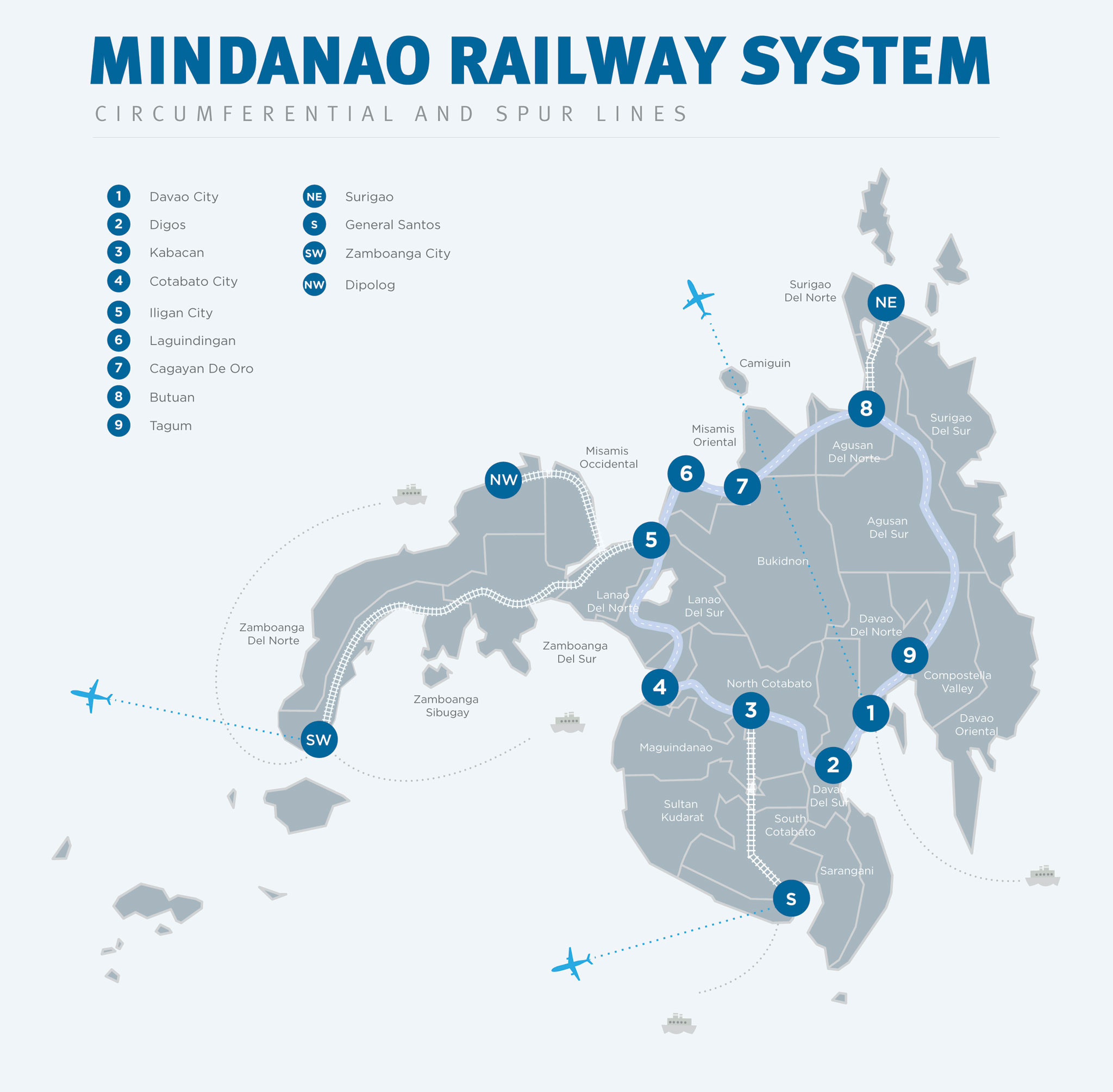JICA says Mindanao rail plan not ready for funding decision

By Ashley Erika O. Jose, Reporter
THE Japan International Cooperation Agency (JICA) said it is not ready to make a funding decision on the Mindanao Railway Project as it awaits the completion of a feasibility study with revised project parameters.
“Because the original plan was to be done by China, we did not have any master plan or any feasibility study. It is not mature for JICA to consider,” JICA Chief Representative in the Philippines Takema Sakamoto told BusinessWorld recently.
The Department of Transportation (DoTr) has said it is considering official development assistance (ODA) from various sources, including the World Bank, Asian Development Bank and JICA, after ruling out Chinese funding.
Last year, the DoTr said the Philippines is withdrawing its request for Chinese ODA for the Mindanao Railway, the South Long-Haul railway, and the Subic-Clark Railway project, due to lack of progress on financing.
“We have a long list for the railways sector. From the viewpoint of (JICA) management, jumping into a new project like Mindanao (railway) might be difficult for the Japanese government to raise the needed resources,” he said.
In June, Transportation Secretary Jaime J. Bautista said the DoTr is planning to overhaul the Mindanao Railway Project to use more modern and environment-friendly trains.
The original plan for the Mindanao Railway involved diesel-powered trains.
Non-electrified railways are difficult to attract investors due to global warming concerns, Mr. Sakamoto said.
“But now (Mr. Bautista) is saying that he is now planning to revise the plan, the obsolete, outdated non-electrified system. So, let us see,” he added.
Earlier this year, the DoTr announced that it will continue to work on the first phase of the Mindanao Railway project by pursuing some pre-construction activities despite the absence of funding.
The first phase of the Mindanao Railway project is valued at P83 billion. It will run from Tagum, Davao del Norte to Digos City, Davao del Sur. It is expected to carry 122,000 passengers per day and cut travel time between Tagum and Digos from three hours to one.
JICA has said that it would like to continue funding Philippine railway infrastructure projects.
In March, the government and JICA signed two loan commitments agreements valued at 250 billion yen, which will fund the ongoing construction of the Metro Manila Subway and a road project that includes what would be the longest tunnel in the country.
It also recently partnered with Sumitomo Corp. and Hankyu Corp. to support the operations and maintenance of Light Rail Transit Line 1.



